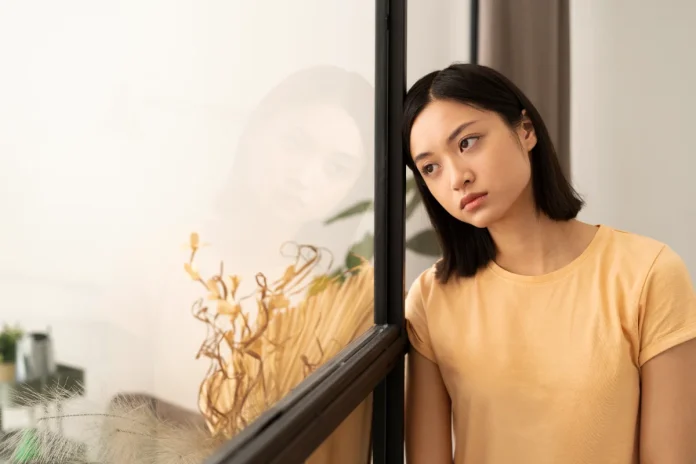Dr Praveena Rajendra explores how suspicion, doubt and jealousy silently corrode trust, peace and human connection.
THERE are poisons we drink willingly every day – not from a glass but from our thoughts.
Suspicion, doubt and jealousy are among the most potent, and yet, the most silently consumed.
They don’t shout; they whisper. They move quietly through the corridors of the mind, coating perception with fear and twisting the way we see others and ourselves.
ALSO READ: We are walking wounded: Time to take mental health seriously
If we were to rank these poisons, suspicion would come first – it is the seed.
It begins as a faint discomfort – a question that creeps in when the mind can’t sit with uncertainty.
Suspicion is a fragile thing; it doesn’t need evidence, only imagination. Left unchecked, it births doubt – the second poison.
Doubt corrodes trust, both in others and within ourselves. It makes every silence sound sinister, every difference feel dangerous.
Together, suspicion and doubt prepare the perfect soil for the third and most visible poison: jealousy.
Jealousy is simply doubt turned outward. It is the mind saying, “They have what I don’t”, instead of asking, “Why do I feel incomplete?” Unlike suspicion, jealousy has a face.
It can be seen in comparisons, gossip and quiet resentment that masquerades as politeness.
It’s the poison that doesn’t just damage individuals; it weakens relationships, institutions and even nations.
We see these patterns everywhere – in workplaces where envy replaces collaboration, in friendships that collapse under imagined betrayals, in social media threads fuelled by projection and comparison.
A recent survey found that 67% of Malaysians or their family members have experienced bullying in the past year, with workplaces topping the list.
Beneath the numbers lies an emotional epidemic – insecurity masked as aggression, suspicion feeding on silence and jealousy masquerading as ambition.
And it doesn’t end there.
The surge in online scams and manipulation that has cost Malaysians over RM700 million this year is another form of collective poison.
People fall, not because they are foolish, but because suspicion and doubt blur into false trust.
The same mechanism plays out in corruption scandals and unethical shortcuts – the quiet voice that says, “No one will notice”, is born from doubt in accountability, from suspicion that integrity doesn’t matter and from jealousy towards those who seem to advance faster by bending the rules.
These poisons spread subtly.
You can’t always see them but you can feel their residue – tension in conversations, cynicism in leadership and the slow erosion of joy.
When left unexamined, they become part of our cultural air. To heal, suspicion must first be arrested, as it is the origin.
Every false story the mind tells begins with suspicion – that faint, untested discomfort that turns imagination into evidence.
The moment we learn to pause before assuming, the entire chain reaction breaks.
Doubt loses fuel. Jealousy loses ground. It begins with awareness. When suspicion arises, name it, ask it for proof. When doubt whispers, question its source. And when jealousy appears, meet it with curiosity rather than shame.
The moment you turn attention inward, the poison loses its taste. Because in truth, the world doesn’t become toxic by chance; it becomes toxic when we refuse to examine the chemistry of our own minds.
Suspicion may start small but it is enough to cloud judgement, distort relationships and corrupt systems.
Arrest it early and you reclaim clarity. Arrest it late and it arrests your peace.
We often speak of cleaning the environment but the dirtiest pollution sometimes lives within – in thoughts unfiltered, unchecked and unquestioned.
And the antidote isn’t found in silence or denial but in consciousness. Awareness is the purifier of perception.
So mind your mind before the next thought turns into a toxin, and the next doubt becomes a disease.
Dr Praveena Rajendra is a certified mental health and awareness practitioner specialising in narcissistic abuse recovery.
Comments: letters@thesundaily.com








